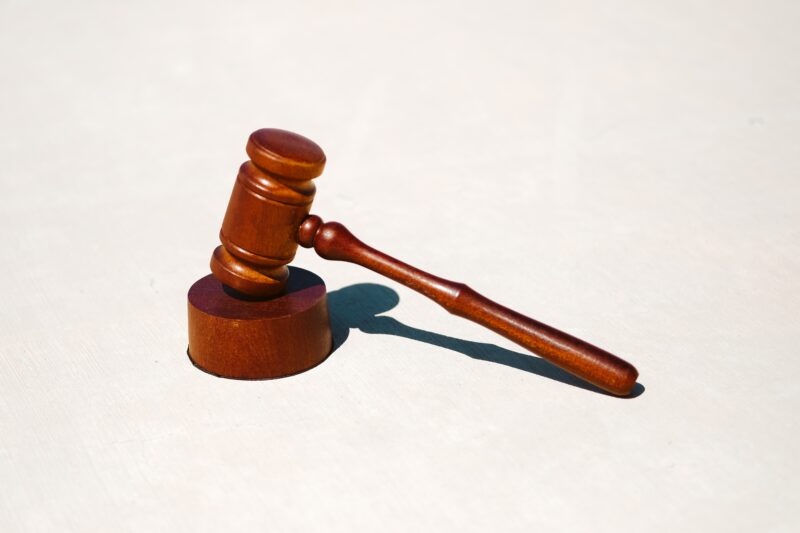Is government intervention into youth activity online needed?
Through a press conference and subsequent opinion piece in the Herald Sun, the Prime Minister Anthony Albanese has stated the governments intention to create a new minimum age for social media use before the years end.
In the piece posted on the Herald Sun, Albanese stated that the legislation was about “supporting parents and protecting children,” and that it was a “national challenge that requires national leadership.”
In the address he wrote, “Setting a new national minimum age for social media also sets a new community standard. It takes pressure off parents and teachers and backs them with the authority of government and the law.”
He added, “We want children to have their childhood. We want parents to have peace of mind. That’s what a minimum age for safer social media will help achieve.”
However one of the organisations that he name checked in the address has already come out with reservations about the change. Albanese stated that the government would be working alongside the Alannah & Madeline Foundation, a charity committed to protecting children from violence, on digital literacy programs in schools.
However in a recent article in The Guardian, the foundation’s chief executive, Sarah Davies raised concerns that the legislation doesn’t actually address the problem at hand, and could in fact “actually create more harm.”
She stated, “It’s not that raising the age is a bad thing; it’s just it’s completely irrelevant to the drivers and causes of the risks and the harms that children and young people face online.”
Davies instead argued that what was needed from the government was serious reform on the regulation of tech companies, not just social media. This includes banning the selling of the data of young people, restricting recommender algorithms and forcing tech companies to provide users the highest privacy settings as a default.
The government’s proposal has sparked considerable debate since the announcement, raising multiple issues related to privacy, digital literacy, mental health, and practicality.
Here are some key considerations in the change:
1. Privacy and Data Protection
- Concern: Young people are particularly vulnerable to having their personal data harvested by social media companies. Raising the minimum age could be an attempt to protect younger users from exploitation by these platforms.
- Issue: While age verification might help protect children’s privacy, implementing it on a large scale is complex. Verifying age without compromising personal data could prove challenging, as stringent age checks might require sharing even more personal data to prove one’s age.
2. Mental Health and Well-being
- Concern: Social media use, especially among young people, has been linked to mental health challenges such as anxiety, depression, and body image issues. Raising the age limit might help mitigate these risks.
- Issue: However, social media also offers positive opportunities for young people, such as staying connected with friends, accessing mental health resources, and self-expression. Completely blocking access could alienate young users from important social networks and support systems.
3. Digital Literacy
- Concern: One argument for raising the age limit is that younger users may lack the maturity and critical thinking skills needed to navigate the complexities of social media safely, such as recognising misinformation, cyberbullying, or inappropriate content.
- Issue: Instead of excluding young people, some experts argue for enhancing digital literacy education. Teaching young people how to engage responsibly on these platforms might be a more effective long-term solution than simply raising the age.
4. Enforceability
- Concern: There are significant challenges in enforcing age restrictions on social media platforms. Many young users currently bypass existing age limits by providing false birth dates, and similar loopholes may continue to exist if the age limit is raised.
- Issue: Effective enforcement would likely require collaboration between the government and social media companies, with potentially invasive verification methods (such as biometric checks or ID uploads). This could raise further privacy concerns.
5. Inequality and Accessibility
- Concern: Social media can be an important tool for education, activism, and community-building, especially for marginalised groups like LGBTQ+ youth. Raising the age limit may disproportionately affect young people from these communities who use online spaces for support and connection.
- Issue: Denying access could isolate vulnerable youth from vital online networks that offer them safety, community, and advocacy, especially if they do not find similar support in their offline environments.
6. Global Context and Industry Resistance
- Concern: Raising the social media age limit could put Australia at odds with international practices, given that most major platforms are global and designed with the standard age limit of 13 (as set by the U.S. COPPA law).
- Issue: Social media companies, which have significant commercial interests in maintaining their younger user base, might resist such regulations or comply minimally. This could lead to friction between the government and tech companies, potentially stalling any meaningful changes.
7. Parental Responsibility vs. Government Regulation
- Concern: Some argue that parents should be responsible for monitoring their children’s social media use, rather than government-imposed age restrictions.
- Issue: While parental oversight is important, not all parents have the time, digital literacy, or resources to guide their children effectively. Government intervention may still be necessary, but how much should fall on parental guidance versus legal mandates is a key debate.
8. Online Safety and Cyberbullying
- Concern: Younger users are often targets of cyberbullying and online harassment. Raising the age limit could reduce the number of young people exposed to these risks.
- Issue: However, online bullying can occur at any age, and raising the age limit may not fully address the deeper cultural issues that contribute to this problem. Comprehensive online safety education might be a more effective measure.
9. Technological Solutions
- Concern: Raising the minimum age for social media access may prompt social media platforms to develop more effective content moderation tools or safer versions of their platforms specifically for younger users.
- Issue: This could also lead to the development of separate social media platforms designed for younger audiences, creating a two-tiered internet system that could segregate users and limit young people’s full engagement with the digital world.
While raising the minimum age for social media usage in Australia could offer benefits such as improved mental health outcomes and better privacy protections for young people, there are significant challenges. Issues of enforcement, potential inequality, and the balance between regulation and education need to be carefully addressed to ensure that any policy change is effective, fair, and balanced.
Currently it seems like this is more of a salve, rather than a solution to the very real issues raised by the increased dependance on technology for the younger generations.




